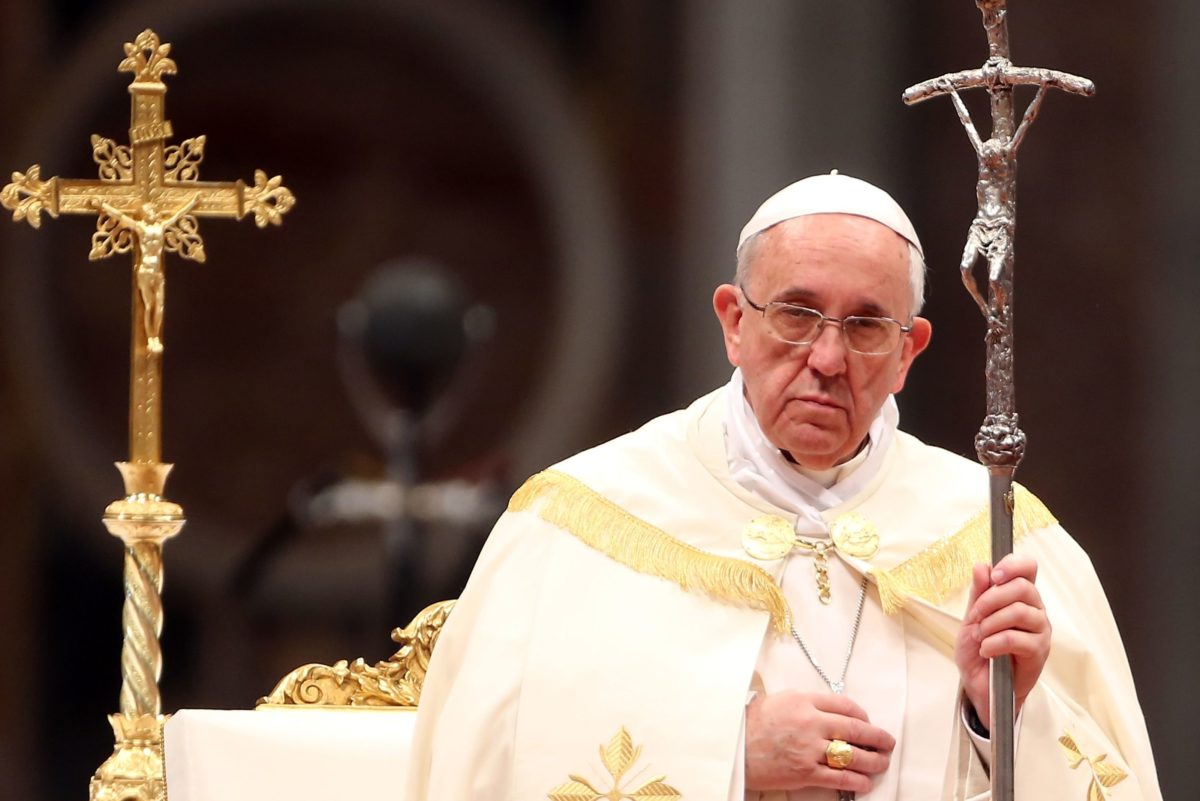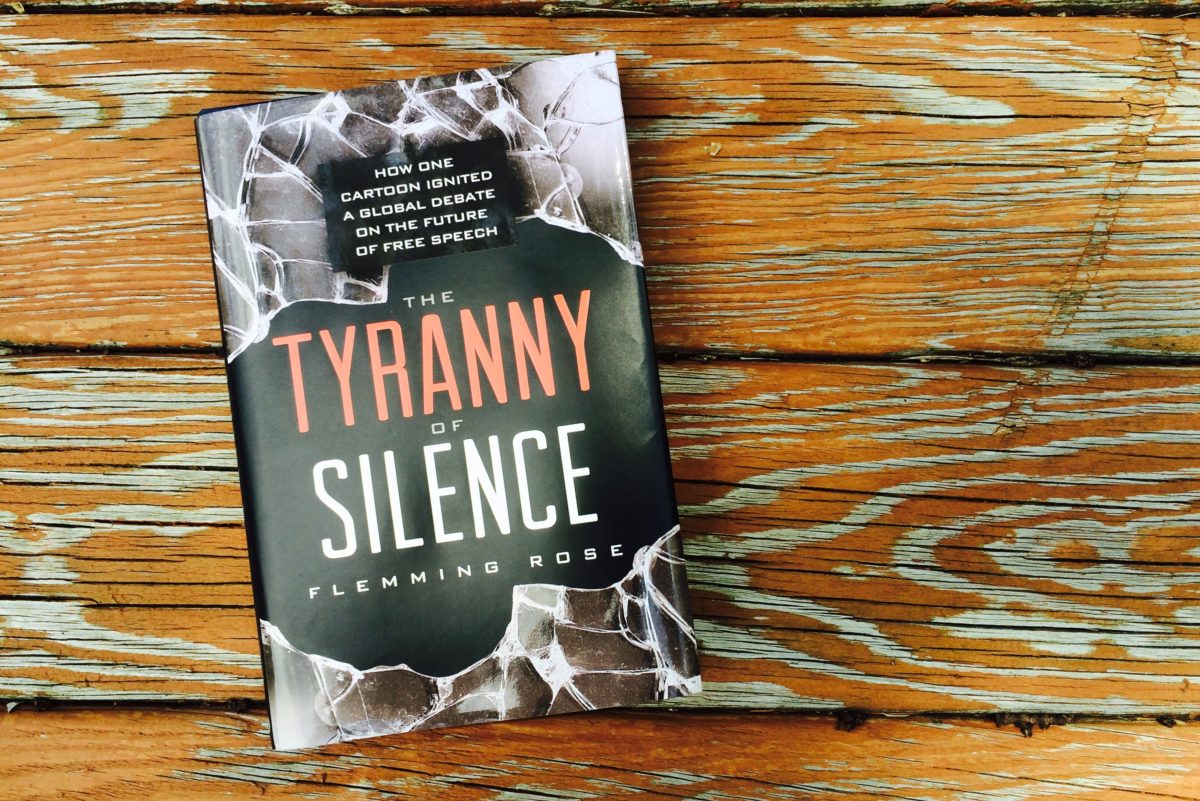 Consumerism masks true significance of Christmas
Consumerism masks true significance of Christmas
The Daily Nebraskan, December 7, 2009
Dear editors,
Monica Sanford rehearses the cliché that consumerism and materialism have corrupted the “true significance” of Christmas. Though Sanford is not a Christian, she trots out the artificial meaning Christians have assigned to the holiday to support the cliché.
It is widely acknowledged that Christianity co-opted December 25th from pre-Christian pagans, who at this time of year celebrated the first lengthening of daylight hours during the depth of winter. One does not need to believe in a sun god to appreciate the psychological and spiritual significance of a winter holiday—and one cannot neglect the material dimension of this spiritual celebration.
In the darkness of winter, we need to see light. The need is not merely psychological. Along with the dark, there is the cold and the general onslaught of the elements. In winter, we remember more clearly how our survival depends on the outcome of our struggle with nature.
At Christmas, we purposefully enjoy the warmth of our homes, the comfort of new clothing, the delight of candy and cookies, and the exotic luxury of placing a tree in our living rooms. By decorating with colorful lights and reveling in material consumption, we celebrate our victory over the elements.
Gift exchange is not incidental to this celebration. Well-chosen gifts express intimacy towards our loved ones, when we thoughtfully anticipate their interests or needs.
Is brightening a dreary winter and sharing material comfort with friends significant for the human spirit? If the spirit lives here on earth—contrary to Christianity—then the answer is yes.
Sincerely,
Valery Publius
www.the-undercurrent.com
Photo by Miss Bossy on Flickr




